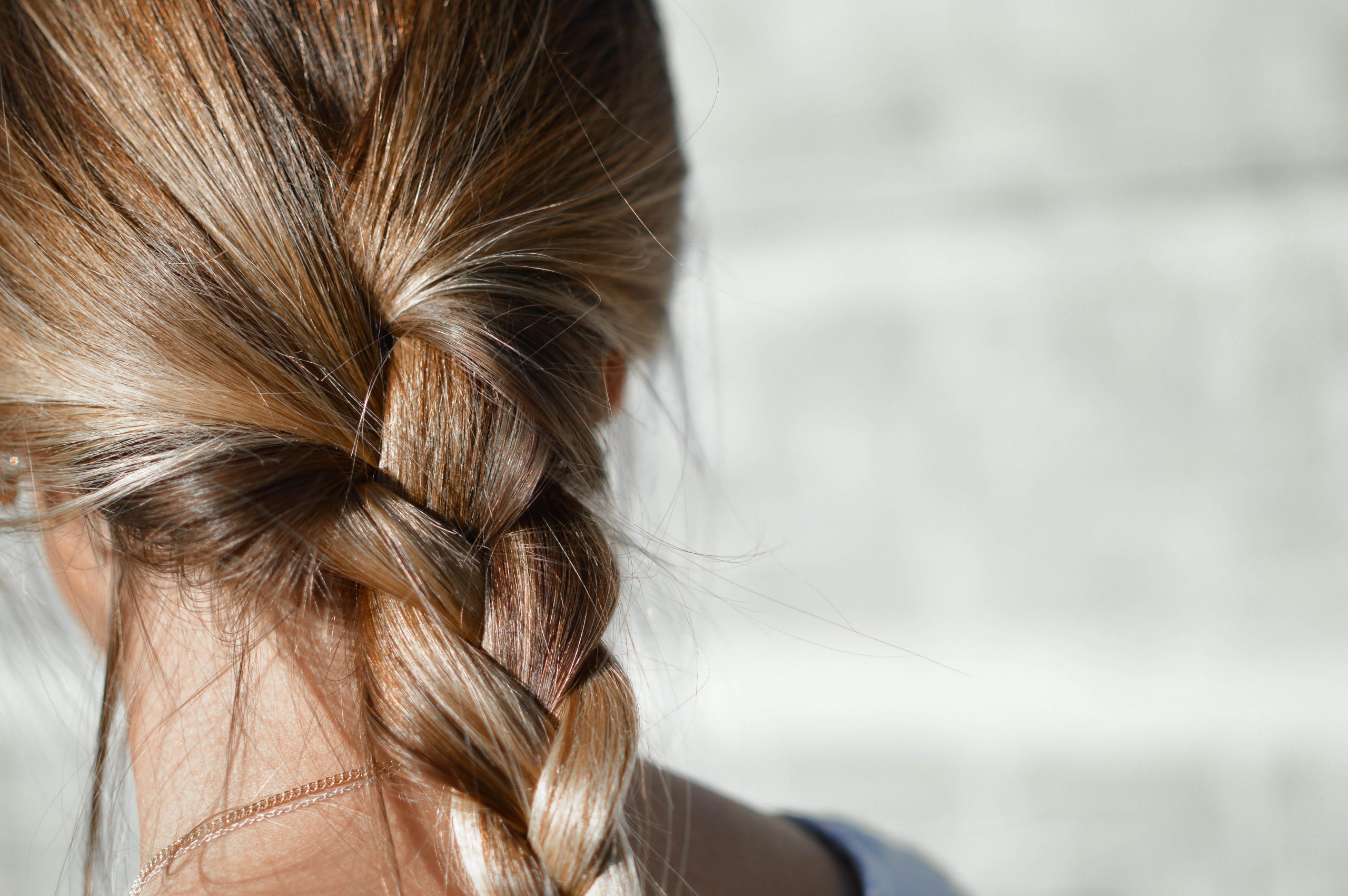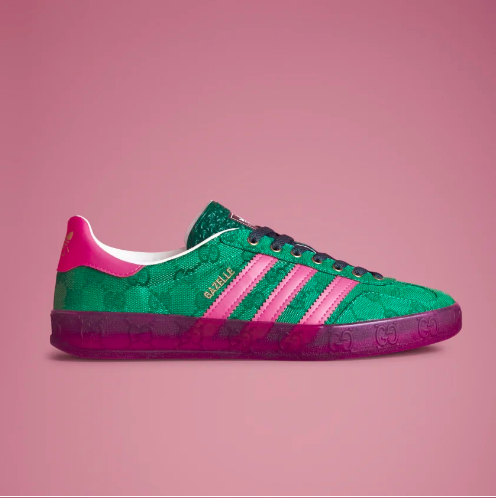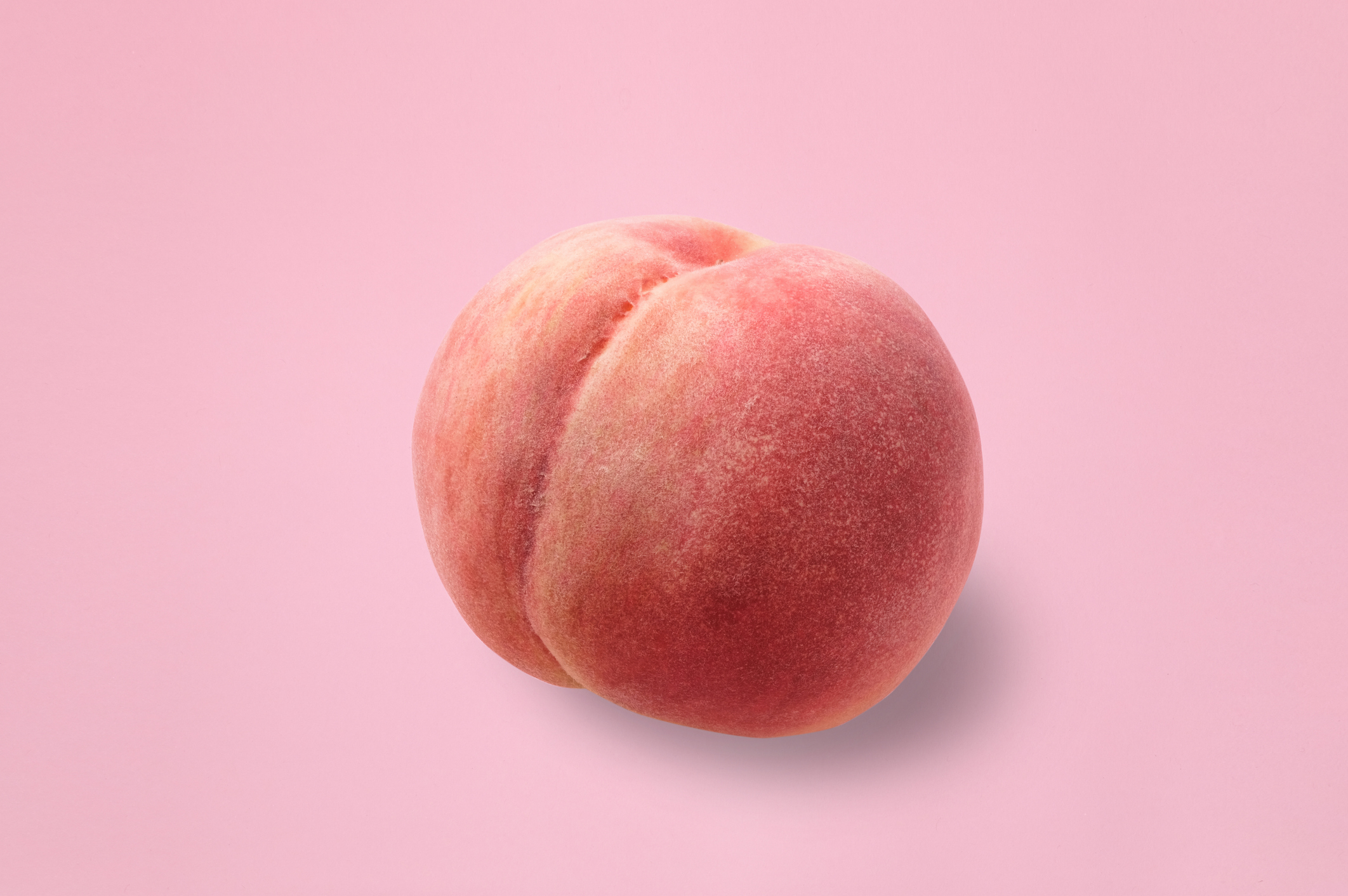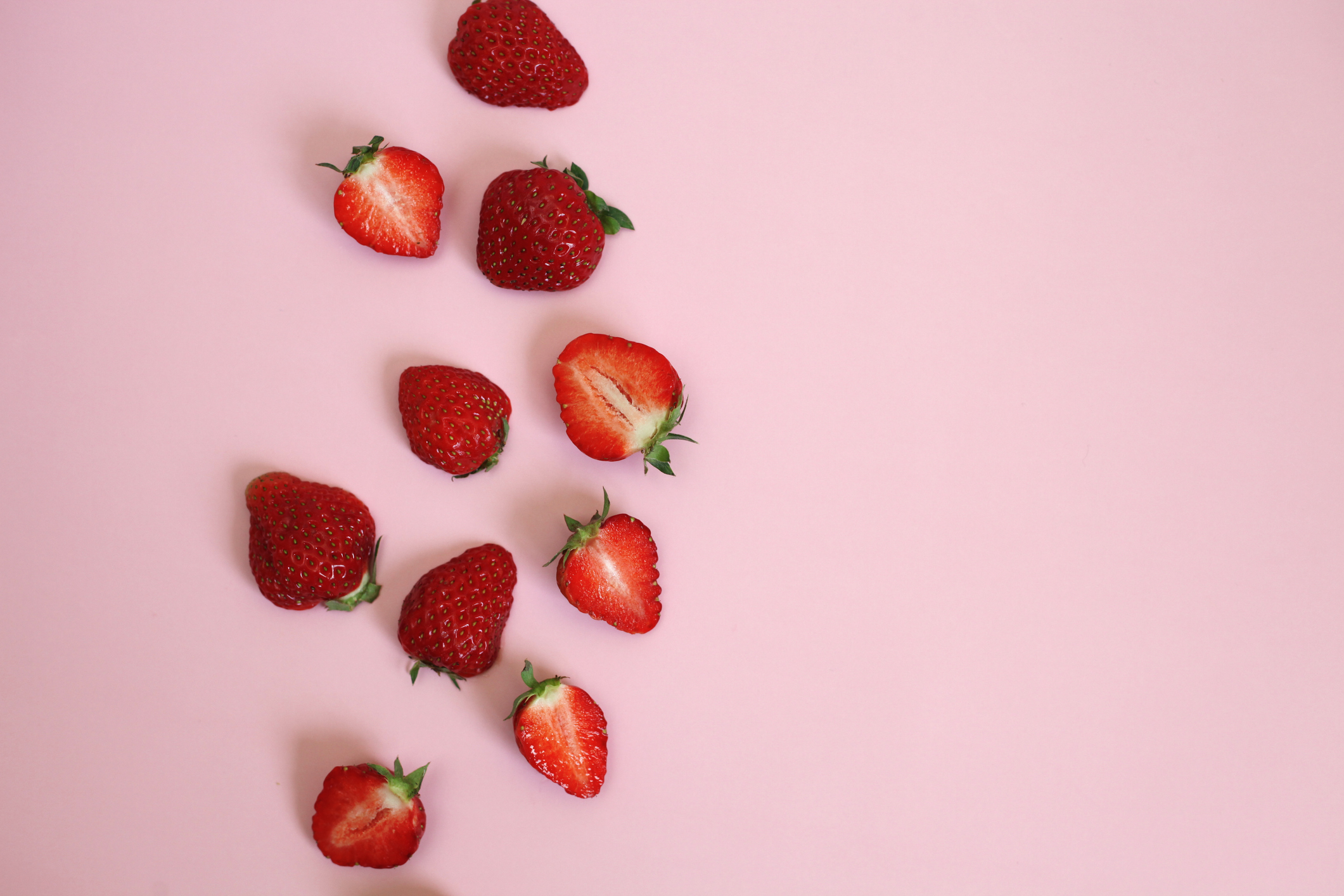Everything you need to know about Biotin and its benefits
Biotin is a water-soluble essential vitamin, also known as Vitamin B7 and Vitamin H. Why H? H stands for Haar and Haut – which is Hair and Skin in German.
As one of the 8 B Complex vitamins, it’s specifically known for its handy work in maintaining the beauty trifecta – hair, skin, and nails. The vitamin also has roles in converting carbohydrate, fat, and protein into usable energy. Lastly, biotin has an important function in maintaining a healthy nervous system.
Pro Tip:
Did you know? The word biotin comes from the ancient Greek word biotos – meaning ‘life’ and ‘sustenance.’
Biotin Beauty Benefits
1. Thicker nails & healthy, lush hair
Biotin works as a tag team with pantothenic acid (vitamin B5) to strengthen hair and increase nail thickness. Sounds like a match made in heaven. Keratin is a protein found in hair, nails, and skin – in animals; it can also be found in feathers, horns, and wool. Together, they produce amino acids that assist in the production of keratin. In our hair, keratin is crucial for protecting and providing structure and strength – we can also thank it for taming frizz. Peeling nails? Studies have shown biotin can help firm, thicken and harden weak, brittle nails.
2. Glowing skin
Biotin helps to upregulate important enzymes needed for the formation of fatty acids that help nourish and protect the skin barrier. It has also been shown to help oil glands function as they should – regulating a healthy oil flow. This helps prevent both skin extremes – dry Sahara desert and oily Krispy Kreme glazed doughnut.
3. Blood sugar regulation
Not directly a beauty benefit (although regulating circulating glucose levels could help out hormonal breakouts) – studies have indicated that biotin may help lower blood sugar levels.
Here’s the thing: more research is needed around biotin and its potential skin benefits. However, current research indicates that taking biotin in unison with collagen, zinc, and other skin- serving substances will produce a better, synergistic result.
Pro Tip:
Getting a blood test? Let your physician know you’re on a biotin supplement – as this may affect the results.
Thankfully, only high daily amounts of 10mg or more seem to interfere with results. But to be on the safe side, let your health professional know.
Recommended Daily Intake of Biotin
Like other essential vitamins, we get our daily biotin requirements through our diet. Liver, fish, egg yolks, meat, dairy, nuts, and seeds are all brilliant sources of biotin.
On top of our diet, gut bacteria also can produce biotin. While biotin deficiency is rare in developed countries, pregnant and breastfeeding women use up more biotin and run a higher risk of being deficient. Biotin deficiencies can be seen by thinning hair, brittle nails, scaly, red skin, alopecia, dermatitis, and conjunctivitis.
Now here’s the thing, we can’t specify an exact amount for the optimal daily biotin intake. Due to insufficient data, New Zealand (and other countries) don’t have a defined RDI value for biotin. So while it’s impossible to give an absolute number, we have indications of what amounts are optimal. Instead of an RDI, an Adequate daily Intake (AI) value has been established – 30mcg for men and 25 mcg for women. For pregnant and breastfeeding women, they recommend 30 and 35mcg/daily, respectively. For this reason, you can often find biotin in prenatal and pregnancy supplements.
Biotin is well tolerated and has an excellent safety profile with no toxicity symptoms or upper-intake level established. However, taking too much may imbalance your b-complex vitamins balance, leading to skin issues such as cystic acne (thanks, but no thanks). Therefore, it is best not to overdo it (and it doesn’t give you any added benefit!).
Read more about Biotin in our ingredients database, where we share more detail on its benefits, the latest published research, and independently written articles from around the web.







